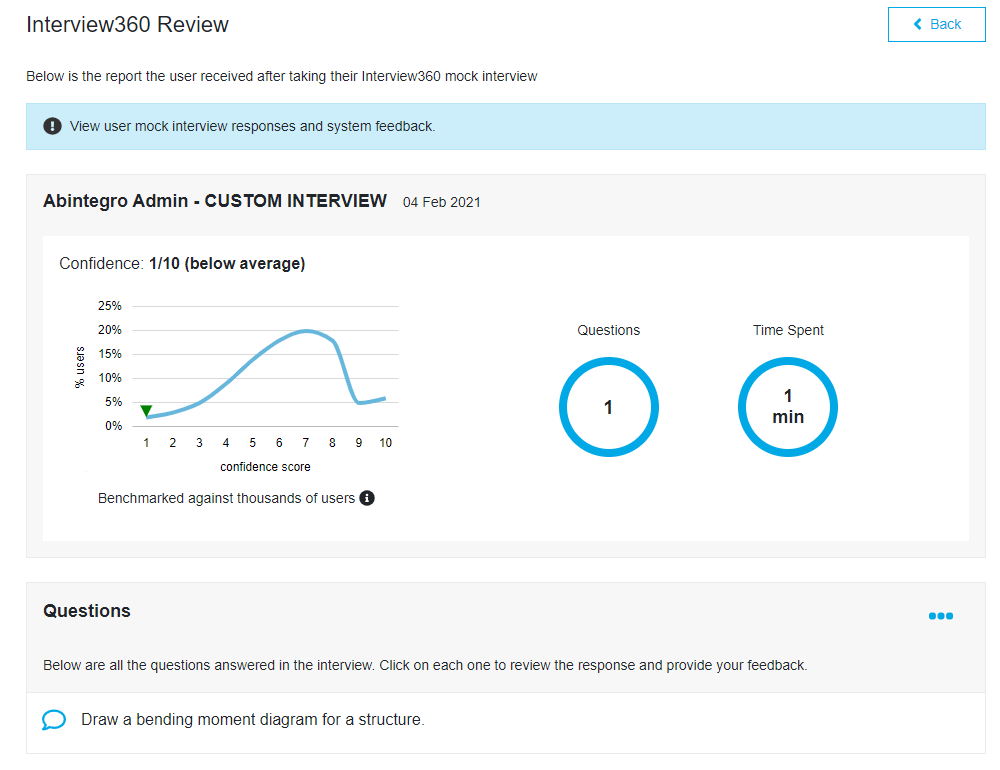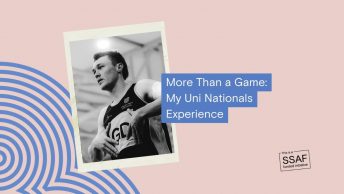This post is over three years old, the information may be outdated.
We all want to be prepared for a career after university. That’s why, over the past few weeks, Charlie has been covering a range of employability and application tips and tricks, such as job hunting, resume building and using CV360.
But there is still so much more the Careers and Skills Hub want to share with you.
So, what’s next?
Interviews!
They are what every job applicant wants. And they are also a serious point of trepidation.
Securing an interview means your application has been reviewed and selected as one of the most appropriate candidates. During an interview, you will be assessed on not only how well you answer their questions, but also what you’re like as a person and how well you’ll fit into their organisation.
Know what you are in for
Knowing the format of your upcoming interview can significantly boost your confidence. Generally, you will be notified of this prior to the interview.
A structured interview is a conversation based on a set of questions in a standardised order. Asking the same questions in the same order helps interviewers compare candidates. On the other hand, an unstructured interview enables the interviewer to ask questions which come to their mind on the spot.
In a behavioural interview, you will be asked a lot of questions regarding your past work experiences. This is a tactic used by the interviewer to predict how you will behave in the future.
Panel interviews tend to be the most daunting. They are conducted by a group of employees. It is often expected that you know the role of each panel member.
Don’t confuse panel interviews with group interviews. Group interviews consist of a single interviewer interviewing multiple candidates at the same time.
Finally, working interviews give employers the chance to see you perform. Here, you are given the chance to try out the actual job you could be employed to do.
“Your attitude is more important than a lack of experience in interviewing”
– Polly Goodlet, a Careers Support Officer at the Careers and Skills Hub
To strengthen your career ready attitude, preparation is key. Luckily, the Careers and Skills Hub team have provided you with some useful tips to do so:
- Review your application. Reacquaint yourself with the role, specific skills, experience and language you emulated in your original submission. It is also possible to predict some of the questions they may ask you from the job advertisement.
- Know all the details, such as the exact date, time and location. Ask prior to the interview the names and titles of those on the interviewing panel and whether you need to bring anything else.
- First impressions count. Decide on what you’re going to wear, and when you get to the interview, really engage with the interviewer through strong eye contact and clear speech.
- Get up to speed. Do your research on the organisation and know any developments that have taken place between your application submission and the interview. This will show you’ve maintained a keen interest in the role.
- Identify some typical interview questions for the role or industry you are applying for. You could even practice some responses using Interview360.

And if you get caught up in the pre-interview nerves, Polly would also like students to remember that, “You have more experience than you think.” So, practice deep breathing, take your time and remember the people on the panel want the best for you too!
For more information and tips, register for a free workshop at the Careers and Skills Hub.










